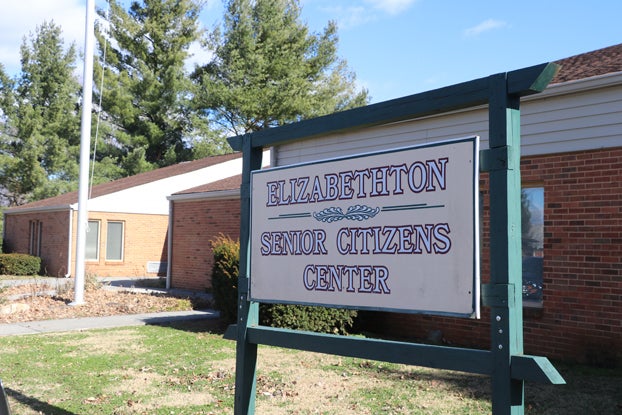ETSU’s Dr. Brenda Louw awarded Carnegie Fellowship for third time
Published 2:57 pm Monday, May 24, 2021

- Contributed Photo Dr. Brenda Louw, left, and Juan Bornman.
|
Getting your Trinity Audio player ready...
|
JOHNSON CITY – Dr. Brenda Louw, professor in the Department Audiology and Speech-Language Pathology at East Tennessee State University (ETSU), was recently awarded a fellowship by the Carnegie African Diaspora Fellowship Program to collaborate with Juan Bornman, professor in the Center for Alternative and Augmentative Communication, University of Pretoria (UP), in Pretoria, South Africa.
The ETSU-UP project, Empowering Speech-Language Therapists in Africa through Leadership and Advocacy, is one of 56 projects nationwide that pairs African Diaspora scholars at higher education institutions with peers in Africa to work together. The Carnegie African Diaspora Fellowship Program (CADFP) is designed to develop long-term, mutually beneficial collaborations between universities in Africa and the United States and Canada.
The COVID-19 pandemic precluded Louw from traveling to South Africa to work with Bornman on their research and present a workshop at the University of Pretoria.
“CADFP offered the option of going virtual, so we had to brainstorm and recalibrate as our project is of importance to the profession of speech-language pathology (SLP) in Africa,” said Louw.
More than 200 million children under the age of 5 live in low-middle-income countries (LMICs), and are not fulfilling their developmental potential, according to Morelli, et al. (2017). These children are at high risk for developing speech-language disorders, which not only result in significant interpersonal communication challenges (including caregivers, families, peers, and health care providers), but also negatively impact on the child’s growth, long-term development, learning and education, and ultimately employment and contribution to society, explained Louw.
“Our project will address this need,” Louw said. “Although leadership is an inherent quality and characteristic of the speech-language therapy profession, formal training for the development of a skill set and abilities is lacking. Speech-language therapists are uniquely positioned to advocate at a policy and practice level for the importance of strengthening communication skills, which is a basic human right. It is imperative that advocacy is approached on two levels: to promote the self-advocacy of the clients with disabilities with whom therapists work; and to advocate for the agency and rights of the disability community with whom therapists’ partner.”
This leadership project will start with research on leadership in health care professions to serve as the theoretical underpinning for a series of custom-designed training modules on leadership and advocacy for the SLP profession. Graduate and doctoral students from both universities, and families and associations in African countries will also be included in developing the module content. These modules will be posted on an online platform to be accessible to different countries across the African continent.
“The project will conclude with participants evaluating the different modules through a Commitment to Change tool that we developed earlier,” said Louw.
“Although COVID-19 disrupted our original planning, the result of our recalibration will expand our project’s potential reach when compared to an on-site workshop that we originally planned,” she continued.
Louw also will present a paper on their previous collaborations, which resulted in the translation of clinical tools for children with communication disorders and the development of an assessment tool for continuing education of professionals, at the CADFP Annual Alumni Convening conference, to be held in Washington, D.C., Oct. 7-8, 2021.





